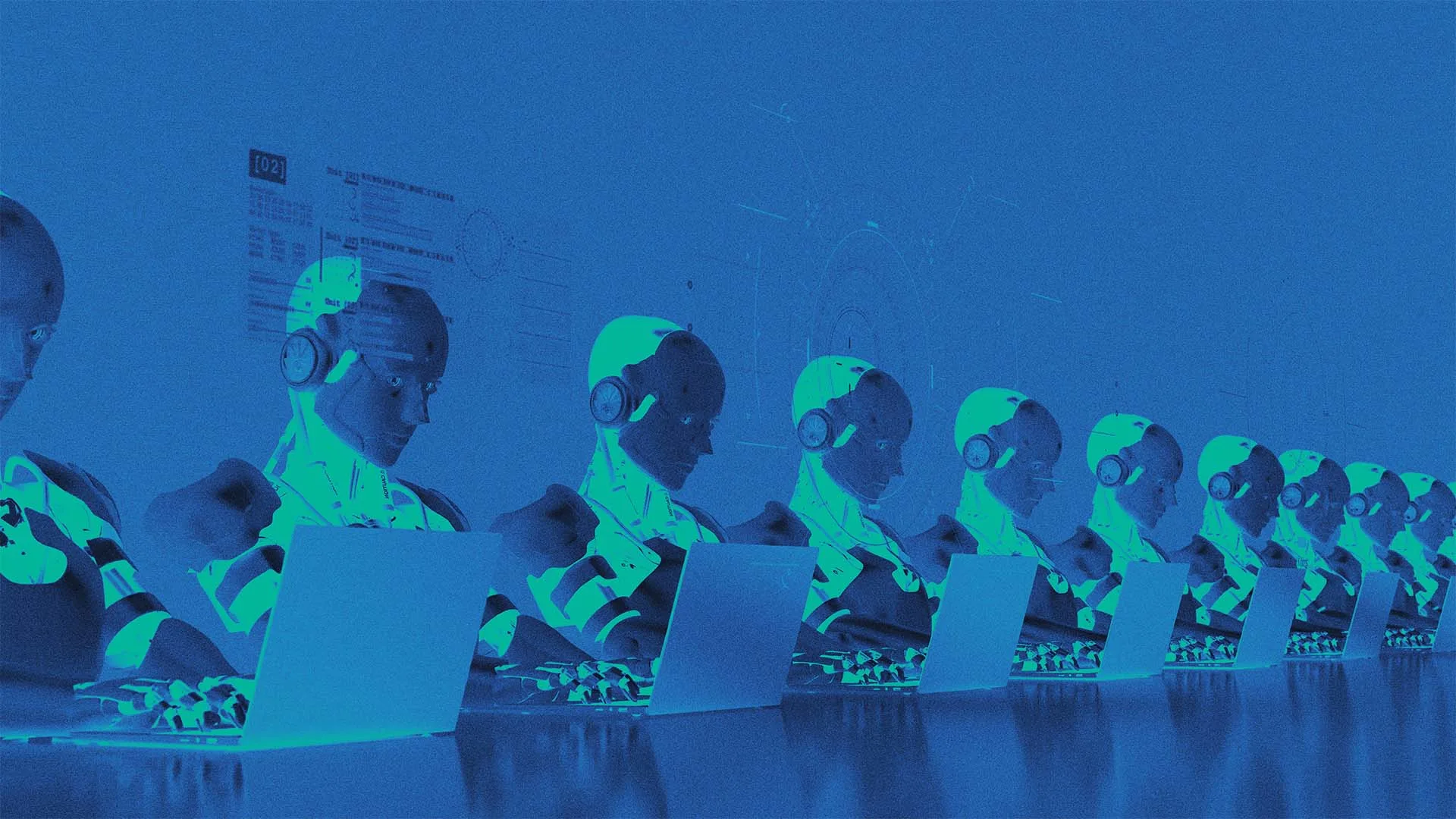Contents
The Rise of AI in Virtual Meetings: A Growing Controversy
Virtual meetings have become a staple of modern work life, but their effectiveness is often questioned. As online collaboration tools continue to evolve, many employees and executives are turning to artificial intelligence (AI) apps to handle the tedious task of note-taking during these sessions. While some see this as a useful innovation, others argue that it’s creating new problems—especially when AI assistants outnumber human participants.
The Increasing Presence of AI Meeting Assistants
AI apps designed to record and transcribe virtual meetings are becoming more common, with some even outpacing the number of actual people attending. This trend has sparked backlash from those who feel that the presence of bots undermines the purpose of face-to-face communication. For instance, meeting hosts report frustration when they find themselves addressing an audience dominated by chatbots rather than real attendees.
Clifton Sellers, a small-business content creator from Birmingham, Alabama, voiced his concerns in a recent article. He expressed that he prefers speaking with people rather than “a bunch of notetakers.” Despite this, Sellers admits to using AI apps himself when he can’t attend a meeting. However, he finds it problematic when the ratio of bots to humans becomes imbalanced.
Mixed Reactions to AI Note-Takers
Not everyone shares Sellers’ skepticism. Some users appreciate the convenience of AI-powered transcription services, especially when they can’t be present for a meeting. These tools are often integrated into popular platforms like Microsoft Teams, Zoom, and Google Meet, making them easily accessible. Standalone apps such as Otter.ai and Read AI also offer similar functionality.
However, the growing reliance on these tools has led to unintended consequences. Reddit user akastormseeker shared concerns about how bots can uninvitedly join subsequent meetings once they’re connected to a host’s account. This has resulted in clients reporting issues where AI notetakers remain in meetings long after they should have left.
Implications for Workplace Culture
Beyond the technical challenges, there are broader implications for workplace culture. Some employees feel that the use of AI assistants during meetings gives the impression that absentee participants aren’t engaged or committed. This perception can affect how colleagues view their contributions and may lead to questions about their involvement.
On the other hand, some argue that the overuse of online meetings is the real issue. Commenters like space_lasers suggest that AI is helping to eliminate unnecessary video calls by transforming them into written summaries. Others, like NobleRotter, express approval of the idea that AI can allow workers to avoid underproductive meetings altogether.
Legal and Ethical Considerations
Companies must also consider legal and ethical implications when using AI transcription tools. In states like California, Pennsylvania, and Florida, all participants must consent to being recorded. Even in other states, one person’s approval is typically sufficient. To avoid potential legal issues, businesses may need to establish clear policies regarding the use of AI in meetings.
Additionally, there are concerns about data privacy. Unlike human note-takers, AI systems record every word spoken, which can lead to large volumes of text that employees must later process. This raises the risk of sensitive company information being exposed if stored on third-party servers.
The Future of AI in Meetings
Experts like Margaret Mitchell, chief ethics scientist at Hugging Face, emphasize the importance of etiquette when using AI in meetings. She argues that companies should limit the use of AI notetakers to situations where their value outweighs the potential drawbacks.
The debate around AI in virtual meetings is far from over. As technology continues to advance, organizations will need to balance efficiency with the need for meaningful human interaction. If workers rely too heavily on AI for note-taking, there is a risk that valuable conversations and ideas may be lost in the process.
Ultimately, the question remains: what happens when the humans step back, and only data points and AI-generated summaries remain?




